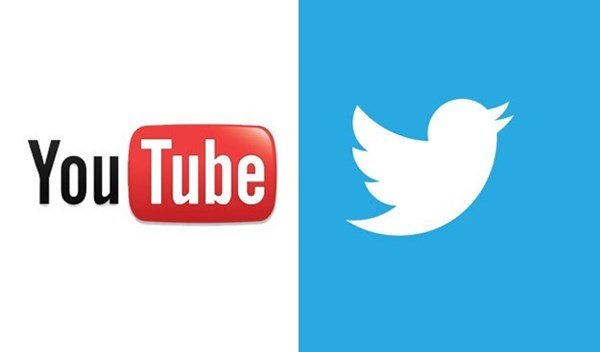Russia decided not to block Twitter and Youtube for now
The Federal Service for Supervision of Communications, Information Technology and Mass Media (Roskomnadzor) has said that they do not intend to block foreign social networks or YouTube, but do plan to come to an agreement with them about the removal of accounts associated with the social-political movement Open Russia, reported RBC news agency citing a representative of the agency.
"At the present time, Roskomnadzor is expecting to achieve compliance with the demands of Russian law through dialogue with foreign social networks and YouTube," explained a representative of the Russian agency. There is no threat that these resources will be blocked while negotiations are ongoing, he stressed.
Earlier, Open Russia reported that Roskomnadzor would require YouTube to block the organization's account within 24 hours. Otherwise, the agency threatened to restrict access to video hosting in Russia. Open Russia called the demand "a squeeze on freedom of speech," specifying that there is no information in their account that violates the law. A similar order was reported by Twitter.
A Roskomnadzor spokesman told RBC that the agency sent a similar letter to 21 separate Internet websites. "Some of these Internet resources satisfied the demand and some did not," he said. The agency also noted that it can block news sites that host "materials of a non-desirable organization.” Earlier, the social network Odnoklassniki blocked Open Russia’s page after receiving a notice from Roskomnadzor.
The night of December 12, Open Russia’s website was blocked at the request of the Prosecutor General's Office. The reasons given for the freeze were posted materials containing calls for riots and extremism and the publication of information from non-desirable foreign organizations. Roskomnadzor also blocked sites of other projects by Open Russia founder Russia Mikhail Khodorkovsky; among them were the Instead of Putin, Khodorkovsky.ru, Open Law, Team Open Russia and Open University.
In April, the British operations OR (Otkrytaya Rossia) and Open Russia Civic Movement, as well as the US-registered Open Russia Institute of Modern Russia, Inc., were recognized non-desirable organizations.
The Open Russia movement was founded in 2001, when it mainly engaged in educational projects. After the verdict in the YUKOS case, the organization stopped operations. It resumed activity after Khodorkovsky left prison in 2014.
